“You can’t teach an old immune system new tricks”
Debate Moderator: Prof Anne La Flamme
Affirmative Team
Prof John Fraser
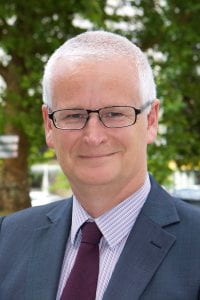
Affirmative
Prof John Fraser is a Kiwi and long-standing member of ASI. John’s research interests are anti-microbial immunity and bacterial vaccines and he is a past-president and recipient of the Burnett medal. More importantly, John is old enough to remember first-hand the formidable Kevin Lafferty’s and his fondness for a science argument, and he is expecting his age to be of great advantage in any debate about old immunologists and new tricks.
Dr Connie Jackaman
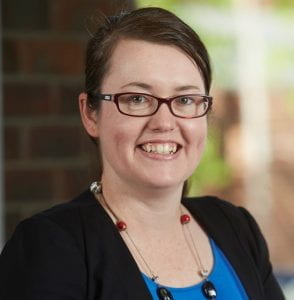
Affirmative
Dr Connie Jackaman is based at the Curtin Medical School, Curtin Health Innovation Research Institute (CHIRI), Perth, Western Australia. She completed her PhD in tumour immunology, followed by postdoctoral training in muscle pathology and related diseases. She moved to Curtin in 2012 and leads a team investigating myeloid cell function in the elderly. Her current research focuses on examining the impact of dysregulated myeloid cell inflammation on age-related diseases/comorbidities including muscle diseases, cancer and dementia. Prior to her current position she was in a dual role as early career research fellow and facility manager. In this role she set up and then managed the CHIRI flow cytometry and imaging facility (flow cytometry 2012-2016, microscopy 2012-2020), leading to a successful ARC LIEF bid for a rapid acquisition microscopy suite based in CHIRI.
Prof Adrian Liston
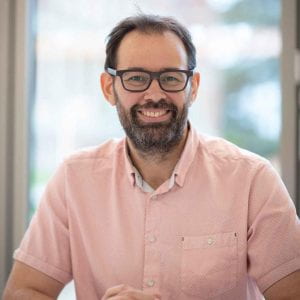 Affirmative
Affirmative
Professor Adrian Liston is Professor of Pathology at the Department of Pathology, University of Cambridge. He has a broad research interest, including neuroimmunology, neuroinflammation, T cell biology, immunodeficiency, autoimmunity, and diabetes. Beyond his research interests, Prof Liston writes extensively about science careers: how early career scientists can navigate the academic career pathway and succeed in starting their own lab, and what should be done to make scientific careers more equitable. Liston openly discusses his experience as a scientist-parent, and has published the illustrated children’s books “All about Coronavirus”, “Battle Robots of the Blood” and “Maya’s Marvellous Medicine”. He is also the co-founder of the Lila Biotech Ltd in Cambridge UK.
Negative Team
Dr Andrew Highton
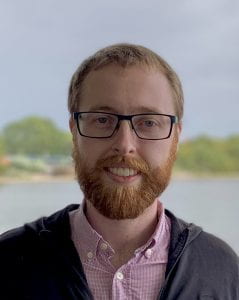
Negative
Dr Andy Highton is a Postdoctoral Fellow at the University of Otago, NZ. He completed his PhD at Otago before commencing research as a Nuffield Fellow at the University of Oxford, UK and at the Leibniz Institute of Virology in Hamburg, Germany. His research in Oxford included characterisation of mucosal-associated invariant T cell metabolism compared to conventional T cells and investigation of the metabolism of highly functional inflationary T cells generated following cytomegalovirus infection. In Hamburg, he investigated the link between metabolism in natural killer cells, their education and cytotoxic function. His current focus is studying the inflammatory effect of the immune system on intestinal permeability using a gut organoid model as well as the effect of metabolic modulation on NK cells in an airway organoid model.
Dr Patricia Rubio-Reyes
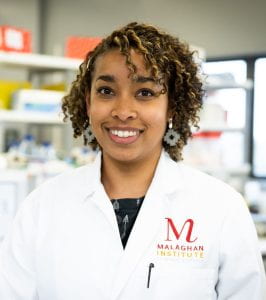
Negative
Dr Rubio Reyes received her PhD in Microbiology and Genetics from Massey University. In her PhD she studied the production and use of bacterially-derived polyester beads as a vaccine delivery system. Currently she works in the Cancer Immunotherapies group at the Malaghan Institute on a CAR-T cell safety switch and selection marker. Her thymus is the least involuted of all the debate participants but she knows TCR diversity is way over-rated.
Dr Kylie Quinn
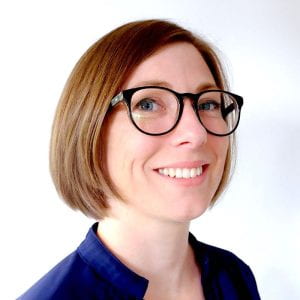
Negative
Dr Kylie Quinn is a Vice-Chancellor’s Research Fellow and leads the Ageing and Immunotherapies Group at RMIT University. While her research group is developing ways to improve vaccination and new cell-based cancer therapies in some older people who don’t respond as well, she knows that some older folk’s immune systems are doing just fine. When she retires, she plans on doing some travelling, some volunteer work, and getting the shingles and pneumococcal vaccines with a yearly flu booster.”

